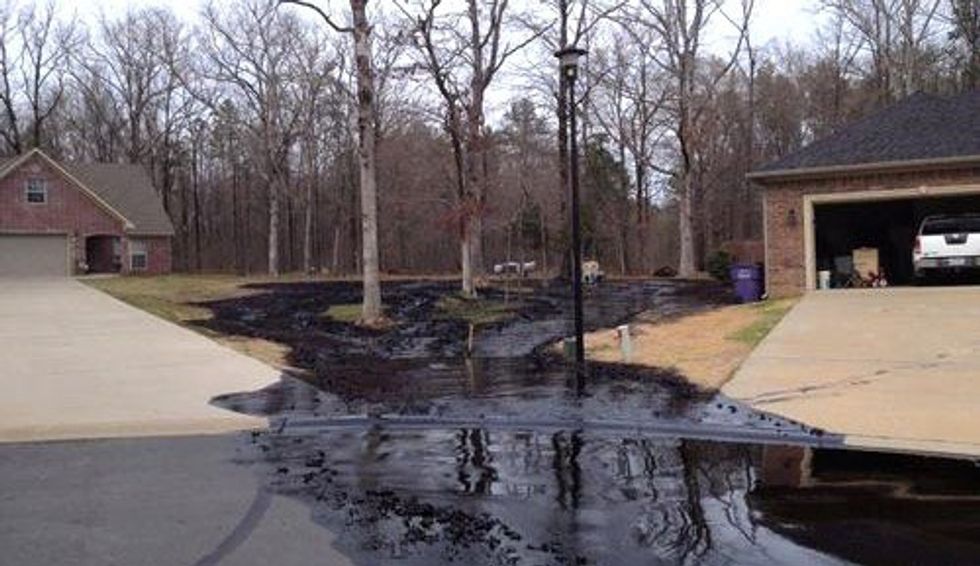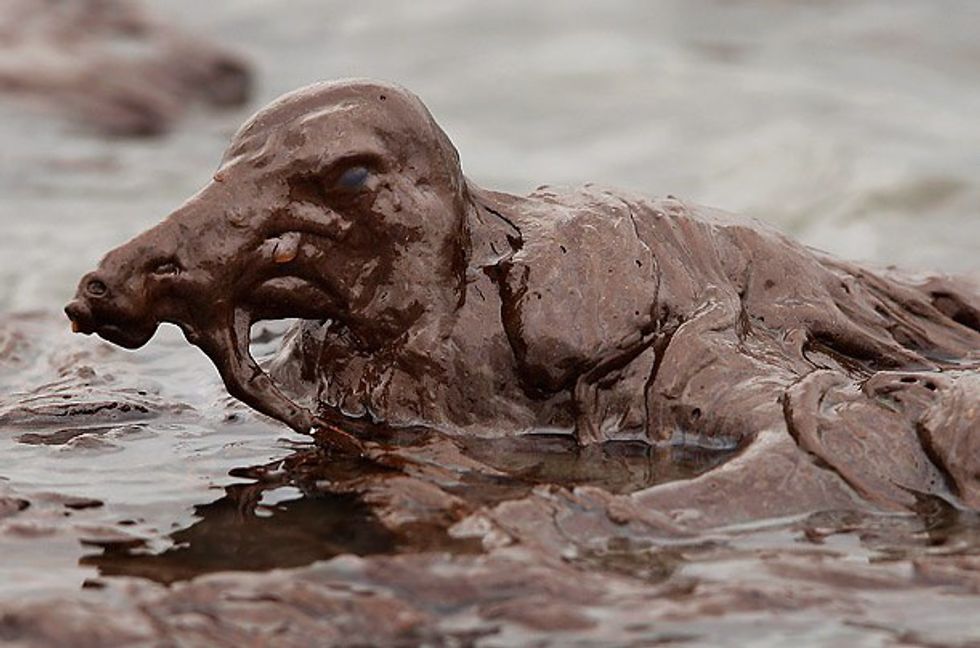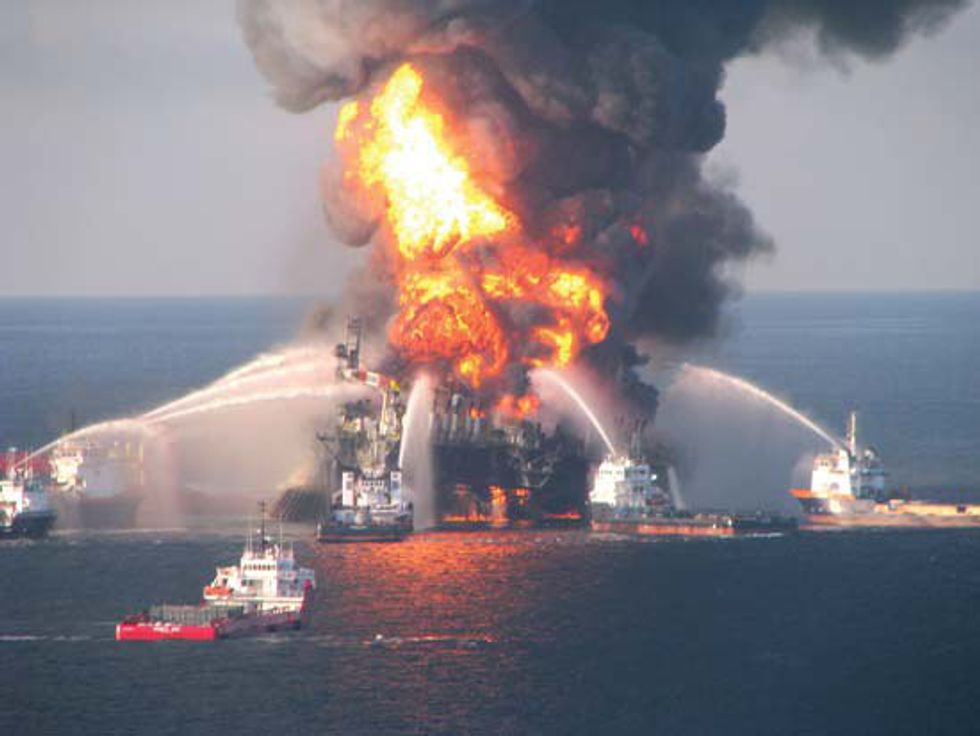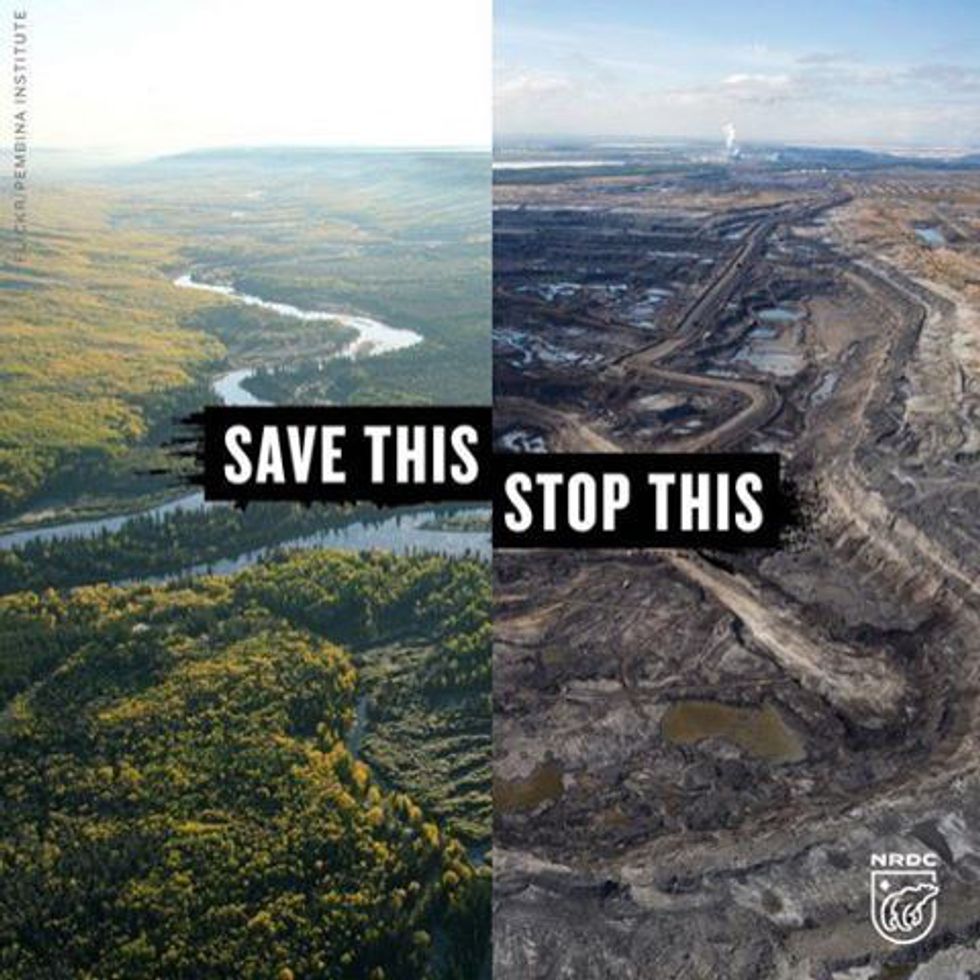With all of the controversy surrounding Standing Rock this year I thought it would be a fitting time to talk about the frequency of gas and oil accidents that occur in the US each year (hint: it's a lot). But before I begin listing, I do want to mention that I've heard the argument -- and been considerably convinced by it -- that pipelines are currently the safest way to transport oil (as opposed to trucks and regular shipping methods). That being said, I am strongly advocating for our continued advancement toward clean and renewable energy which could eventually replace gas and oil. Much of the scientific community believes we can be powered by renewable resources by 2050, or even as early as 2030, but even if it takes longer it's possible within our lifetime. Someday we will not have to report oil spills at all. Let this be our motivation to make that timeline shorter.
In 2016, 30 gas and oil accidents were recorded in the US.
This is not an unusual number. In 2015 there were 40. In 2014, 29. In 2013, 38. 2016 accidents happened all over the map: OK, TX, KS, WY, LA, IA, ND, SD, IL, PA, CA, VA, NE, OR, and MO. If you think this couldn't happen near you, you're wrong. Michigan has had spills and may have more in the future. In some states there were multiple spills. See the complete list here.
As for some highlights...
Starting the year off on January 2nd, a leak sprung at the weld seam on a gas main in Oklahoma City. Three people were injured, 50 homes were damaged and one completely destroyed. Oklahoma Natural Gas allegedly "failed to properly inspect its system following eight previous leak failures."
On April 2nd, 16,800 gallons of tar sands spilled from the controversial TransCanada Corporation Keystone Pipeline in South Dakota near the city of Freeman. The girth weld cracked, causing the massive spill.
September 9th, a Colonial Pipeline mainline leak spilled a whopping 252,000 gallons of gasoline in Shelby County, Alabama.
October 21st, a Sunoco pipeline ruptured, spilling 55,000 gallons of gasoline into the Susquehanna River, which is the longest river on the American east coast at 464 miles long. That's a lot of gasoline going a long way.
Shortly after on October 24th, another Sunoco pipeline spilled 55,000 gallons of crude oil, this time into the PA River. Sunoco and the Energy Transfer Partners have had 200 pipeline accidents since 2010. These are the same people hired to build the Dakota Access Pipeline.
On December 5th, a Belle Fourche pipeline spilled 176,000 gallons of crude oil into Ash Coulee Creek in North Dakota.
This is not our only option.
We are developing other ways to harness energy, including geothermal, biomass, solar, wind, and hydro-electric dams. We can make the switch move faster if we take action. When you're buying a new car, consider an electric or eco-friendly one. Donate money to organizations researching and developing renewable resources and how to fit them into our economy smoothly. Or just spread awareness! Share this post and other like it and make sure you do your research. Green energy, we're comin' for ya.












 The minimum wage is not a living wage.
StableDiffusion
The minimum wage is not a living wage.
StableDiffusion
 influential nations
StableDiffusion
influential nations
StableDiffusion












